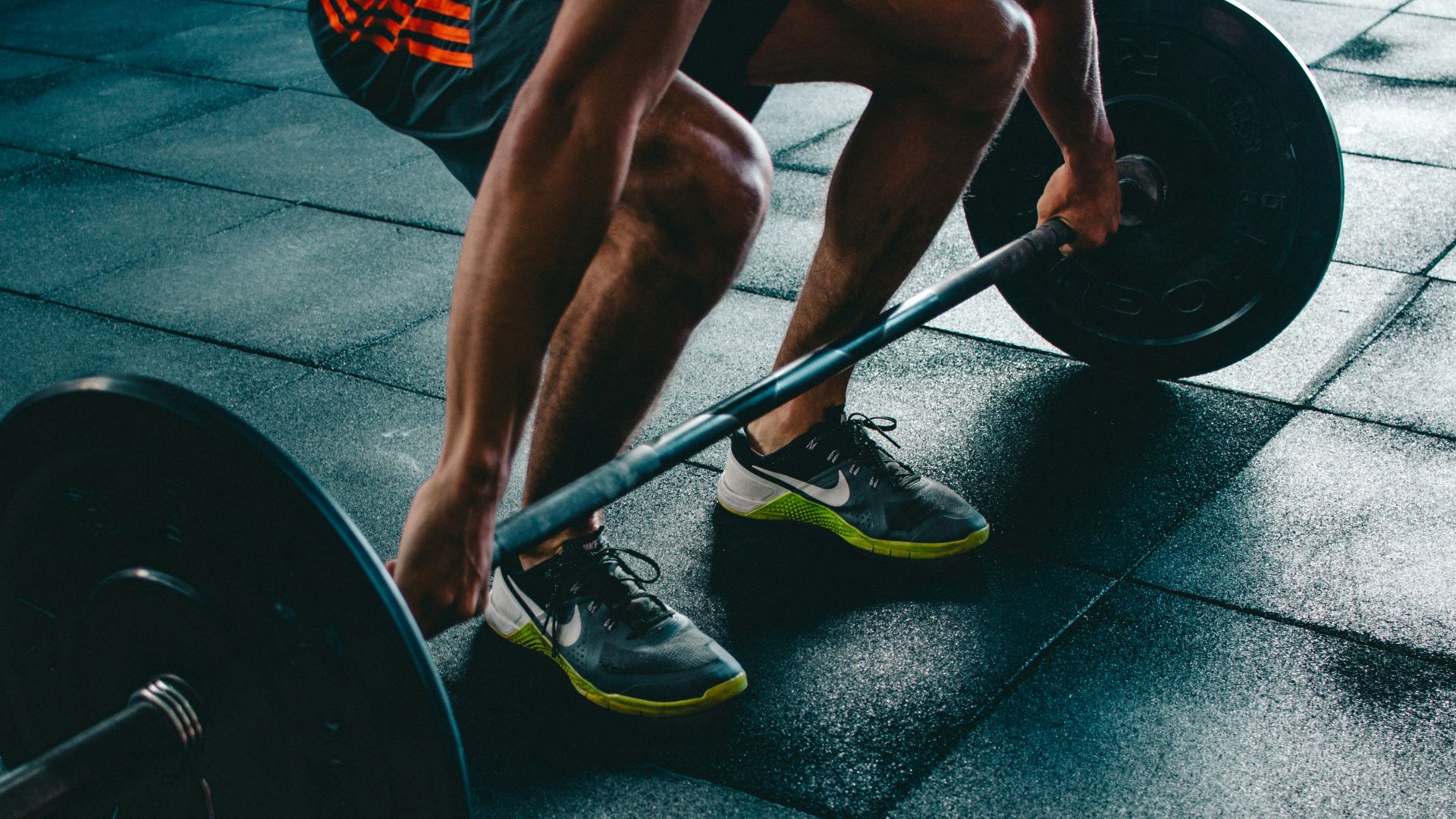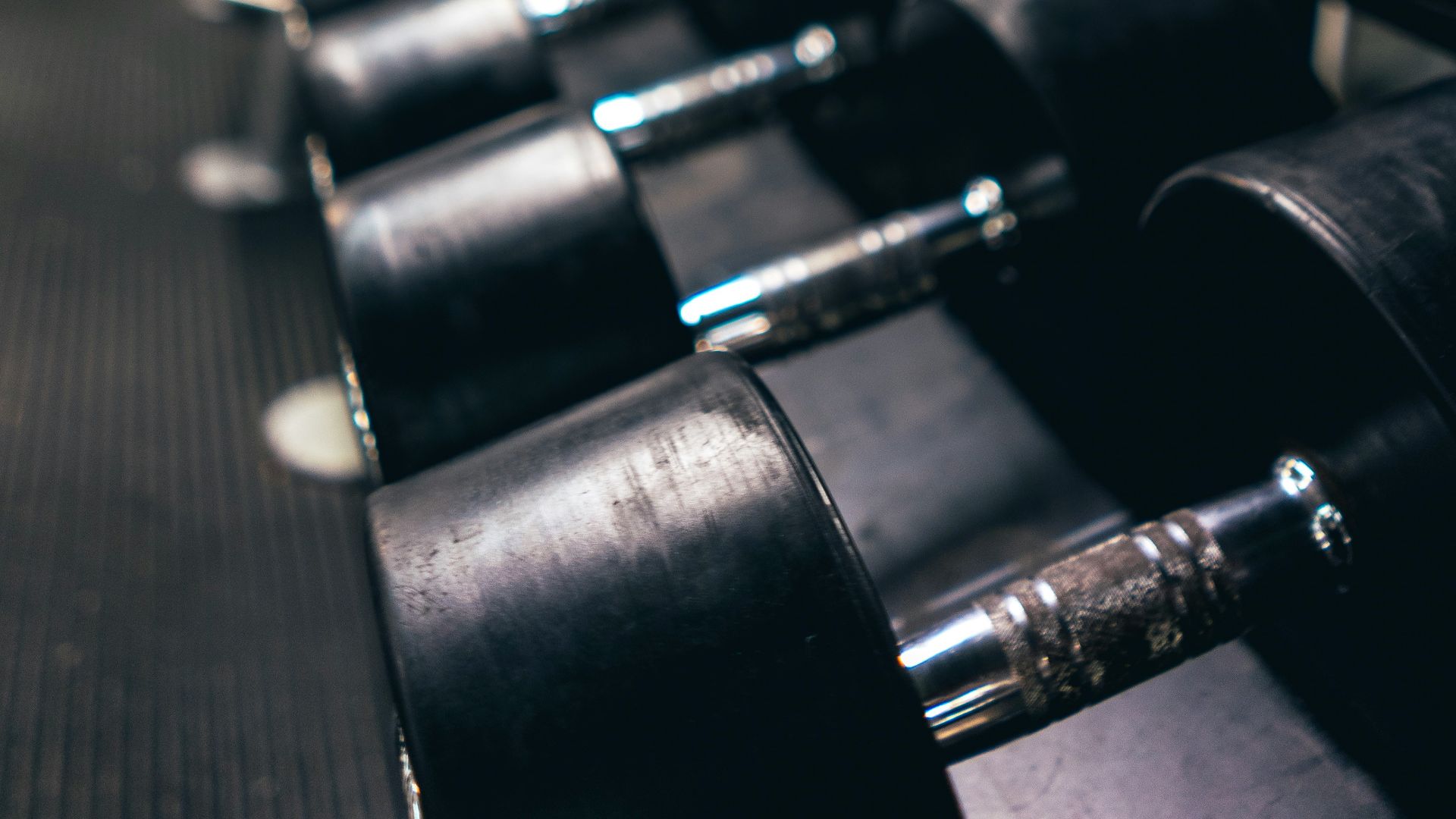Gym culture is often about bettering yourself, being part of a community, and finding confidence and strength. Healthy gym culture is about progress, no matter how small or simple that progress may seem: it’s about lifting a little more weight than you lifted last week, showing up on the days you don’t feel like it, and making those practices a habit to build your body and mind. Healthy gym culture is about learning proper form, finding balance in your workouts and rest, and not forgetting that everyone there started from the beginning.
Online, gym culture has skyrocketed, but at the same time has fractured into unhealthy habits. Negative gym culture is about comparison, pressure, and perfectionism. It’s about focusing on how you look rather than how you feel, glamorizing extreme workouts and not taking rest days, and making fitness more of a competition than a personal journey. The gym has, for many people, become less about becoming a better version of themselves and more about having something to prove to strangers, whether in person or online.
The Social Media Trap
It’s most evident, perhaps, on social media, where you’ll find legions of fitness influencers and self-proclaimed “gym bros” with hyper-edited photos and videos documenting their exaggerated physiques, which often look like no gym-goer should be able to achieve, yet are presented as par for the course. As a result, many have a warped idea of what healthy progress looks like. What should be the peak of an average person’s athletic performance, like smashing a new personal best in the weight room, is represented on social media as something mundane, or sometimes even below-average.
Platforms like Instagram are also marketing playgrounds for bodybuilders and influencers trying to sell you a supplement, program, or some gym-branded apparel. The unsaid implication: buy what I’m selling if you want to look like me. The fact is, most people don’t have the time to work out as a full-time job, access to state-of-the-art equipment, or the budget to purchase every supplement they scroll past.
Unrealistic Expectations
In addition to the look of things, gym culture often includes messaging that perpetuates shame, comparison, and unhealthy expectations. There’s a push to take a picture or video after every workout as proof that you went, because if no one saw you, did it really happen? The notion that exercise is only worthwhile if you’re working out at max effort. The implication that the only thing standing between someone and their health and fitness goals is motivation, when in reality, there are a number of very real things like financial barriers, chronic stress, lack of transportation, sleep quality, and personal obligations.
Not a Competition
Here’s the deal: your fitness journey is not anyone else's. Genetics, schedules, stress, resources, no two humans are operating with the exact same set of cards. Your progression is going to be nonlinear and, most definitely, not the same as it is in another body. Healthiest is what we all want from gym culture, and it starts with not comparing your timeline to someone else's highlight reel.











